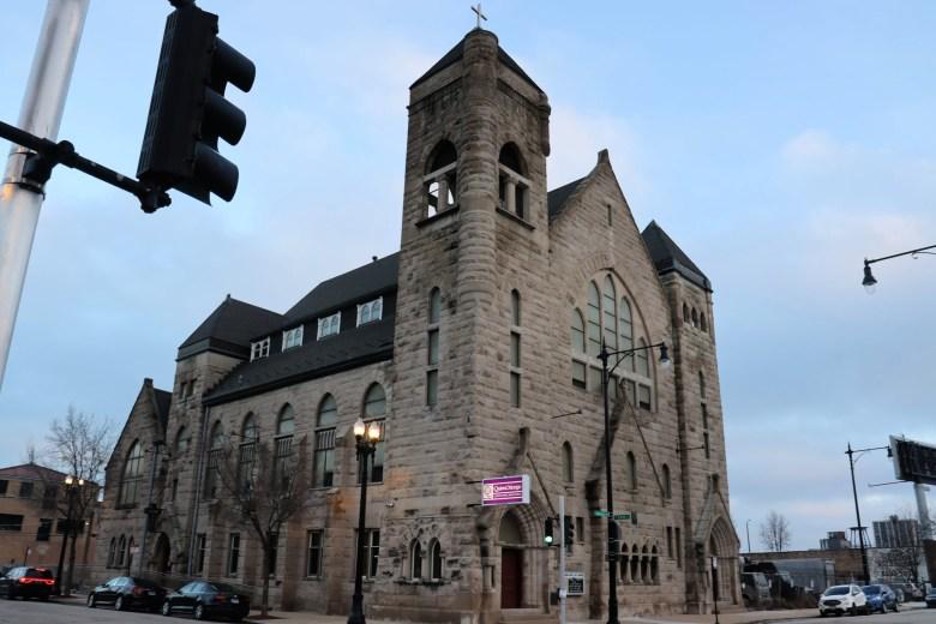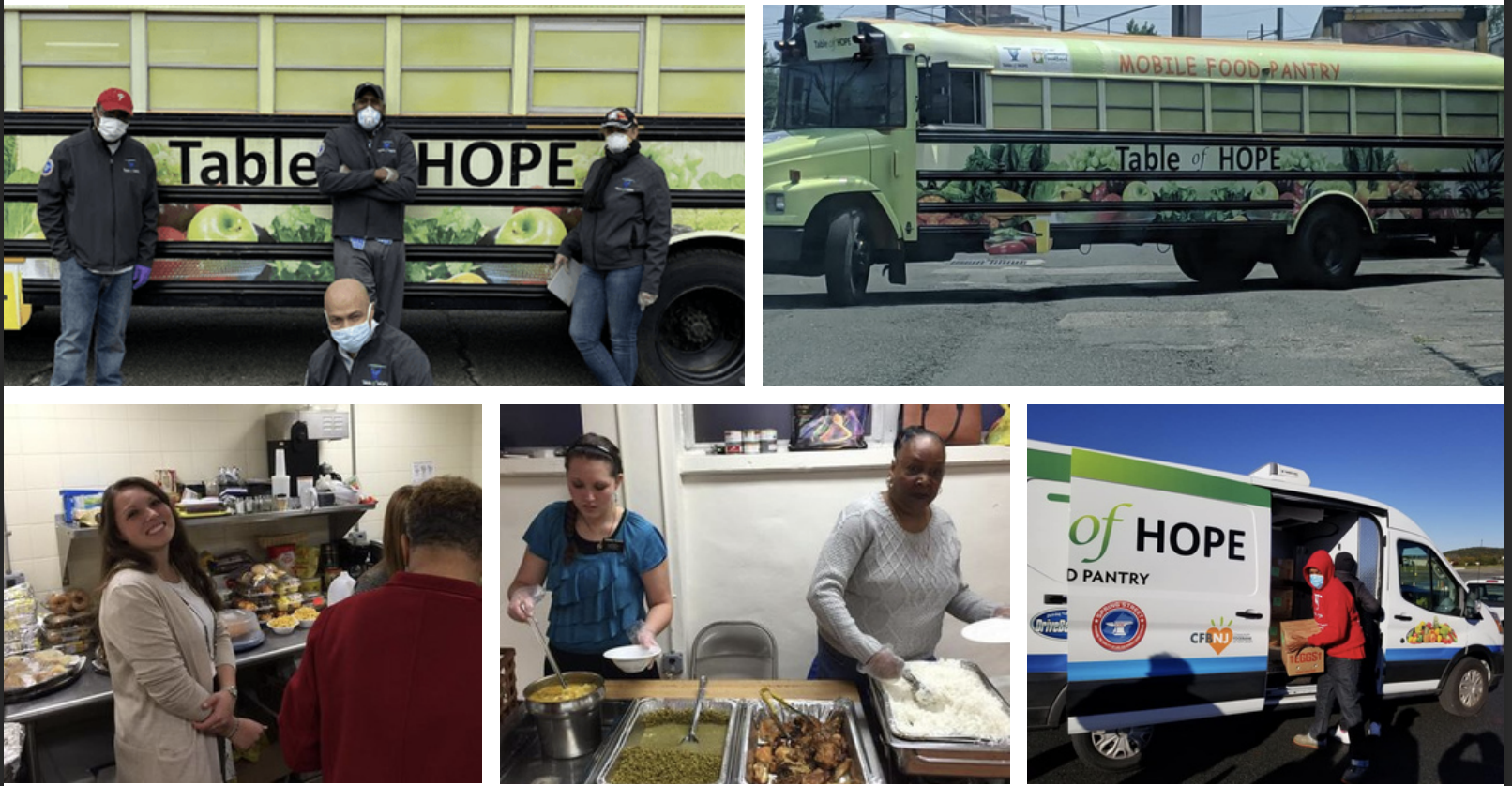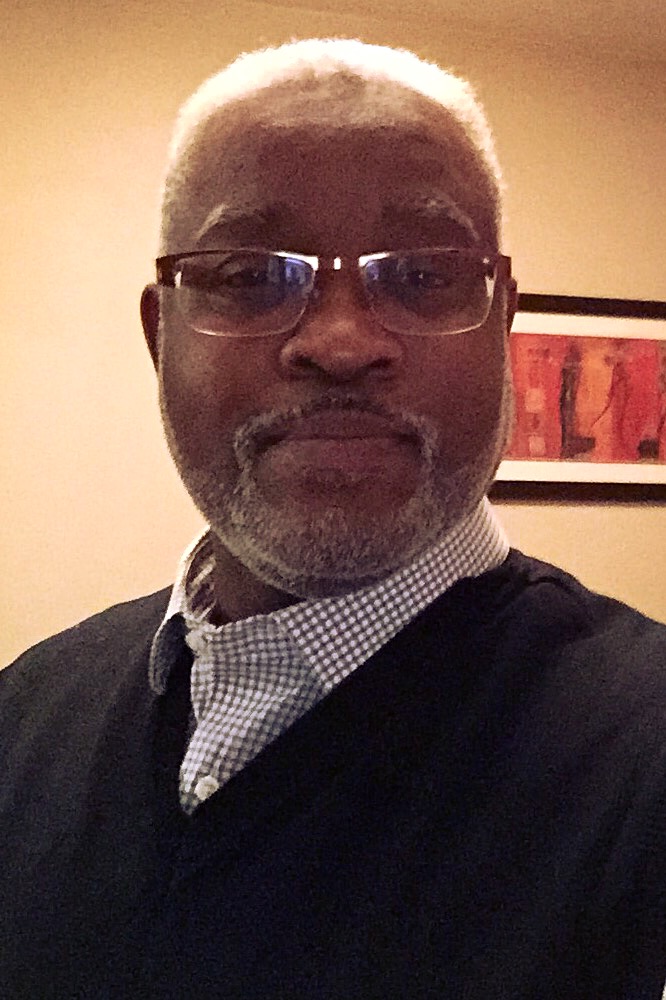By Rev. Tamara O. Kersey, Contributing Writer
There is a great change in the atmosphere when White folks want to partner with you, your community, and your church in order to honor the history and culture of Black History Month. This year, Maxwell Chapel AME Church was able to have a seat at the table of the planning committee for the Saxapahaw area’s Black History month activities.
In Saxapahaw, a town adjacent to Graham, this committee is largely made up of local business owners who are not persons of color. Due to the work of the Social Justice Exchange in the area, there is a core group of people who are sensitive to the issues prevalent in our communities and nation.
These persons wanted to support, honor, and recognize the achievements and contributions of African-Americans. This time was also used to bring issues to light that have created the tensions between race and society. A month of activities was planned, ranging from an African dance class to the film screening of Whose Streets, which is a documentary of the uprising in Ferguson after the deadly shooting of Michael Brown.
Yet, there are some of us who are dismissive of Black History Month. We are dismissive because we live in Black skin and we feel and recognize that we are Black every day. So yes, for those of us with melanin in our skin, we are Black every day. We live the Black experience with its challenges, microaggressions, and opposition; yet, we have a rich heritage and that heritage must be purposefully celebrated. This heritage—our heritage—is being white-washed and eliminated from not only school curricula but also the common language and conversations of African-American families.
I encounter young persons who do not know the names of Shirley Chisholm, the first Black person to run for president; Madame CJ Walker, the first Black, self-made millionaire; or the names of Charles Drew, Elijah McKoy, and Garrett Morgan, who were inventors in their own right. Carter G. Woodson had a reason for instituting Negro History Week in 1926. He understood that the narrative for the intellectual and transformative contributions of Black persons was in danger of being ignored or, even worse, eliminated.
This year for Black History month, Maxwell Chapel AME Church was able to co-host a trip to the Greensboro, North Carolina International Civil Rights Center and Museum as well as the second annual Freedom Talks panel with a County Commissioner, the co-founder of the Social Justice Exchange, and an educator with 34 years of teaching experience. This panel addressed conversations around our civic and political responsibilities such as showing up to county commissioner meetings and having our say; instilling a sense of purpose for education in our children; and lastly, mobilizing communities to bring transformative change.
The 28 days of February are limited and do not serve to adequately illustrate the contributions of the Black experience. However, in a culture that limits the narrative of the Black experience to slavery, contributions to the music industry, or sports figures, we owe it to ourselves to take time out to be reminded of the great intellectual capital, ingenuity, and heritage of innovation that contributes to the advancement and progress of not only our nation but our human experience.
I am convinced this is why Black Panther amassed almost half a billion dollars within 15 days of its opening. Black people gravitate towards narratives which do not relegate us to the background but depict us as overcomers, as leaders, and as autonomous entities which shape nations. These images re-ignite a sense of pride and highlight the legacy of our heritage.
Black History Month is more than a study of past events. It is more than the narrative of slaves. It is more than a 28-day celebration. It is the collective power of our DNA which tells the world of our contribution and influence to advance the human experience, elevates the ordinary, and makes it extraordinary. Black History tells the story of the richness of our heritage and the pathways we’ve made. Black History is our Wakanda.
The Rev. Tamara O. Kersey is an itinerant elder in the Second Episcopal District of the AME Church. She is a 2013 graduate of the M.Div. program at Shaw University Divinity School. The Rev. Kersey is the pastor of Maxwell Chapel AME Church in Graham, North Carolina.





